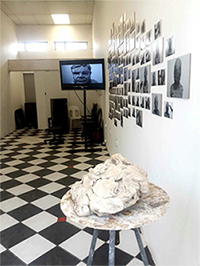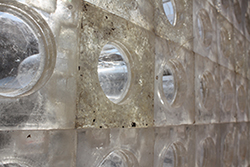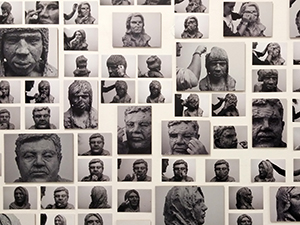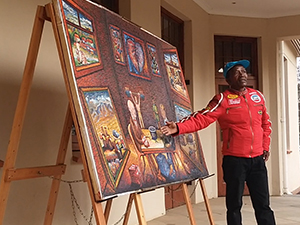Latest News Archive
Please select Category, Year, and then Month to display items
![]()
#UFSupdate (18 March 2020): UFS IMPLEMENTS MEASURES TO MINIMISE RISK OF COVID-19 TO STAFF
STATEMENT BY PROF FRANCIS PETERSEN, RECTOR AND VICE-CHANCELLOR
The executive management of the University of the Free State (UFS) welcomes the announcement of Dr Blade Nzimande, Minister of Higher Education, Science and Technology on 17 March 2020 that all post-school training institutions will have an early recess, starting on 18 March 2020. The Minister’s directive that universities should minimise risk of COVID-19 to all its staff during this time is also welcomed.
The announcement of Dr Nzimande is in line with the university’s decision on 16 March 2020 to suspend the academic programme as from 17 March 2020 and to resume it again on 14 April 2020.
It is important for us all to know that this is not business as usual, and that different thinking is required. Responsible citizenship is one of the crucial elements the world has increasingly been experiencing for the past few weeks. This is why we must act out our responsibility towards one another by focusing on ways in which social distancing can be achieved – especially during this low-risk period that South Africa is still experiencing. This is one of the reasons that informed the university’s decision on 16 March 2020 week to suspend the academic programme and also for students to vacate the residences by 20 March 2020.
The health and well-being of our staff members are equally important. The university’s Employee Task Team that was established on 16 March 2020 analysed options for the continuation of university operations during the recess period. These options were submitted to the executive management, discussed with the Chairperson of the UFS Council and approved on 18 March 2020.
Staff members who have children at school and pre-school may work from home on 19 and 20 March 2020. For the period 23 March 2020 to 13 April 2020, the number of staff members present on all three campuses will be reduced to a minimum and staff members may be allowed to work from home where practically possible.
Arrangements have been made to accommodate those staff members who are performing services which cannot be done from home (such as cleaning, gardening, maintenance, sports, etc) in a flexible and reasonable way. Similar arrangements will be made with office-based support services staff, prioritising institutional needs and based on humane and personal circumstances. Academic staff have been requested to ensure that the online learning materials are finalised and made available for the online learning platform.
The decision for employees to work from home is based on the premise that all employees are deemed to be at work from 23 March 2020 to 13 April 2020. This requires staff members to be available and contactable by line managers at all times during the university’s normal working hours.
I am comfortable that these measures will alleviate the concerns from our staff regarding the spreading of COVID-19 and the risk to themselves without compromising university operations.
Prof F W Petersen
Rector and Vice-Chancellor
University of the Free State
Social cohesion tops the agenda at arts week
2015-08-31

What’s the Difference deur Tanya Britz
Photo: Lelanie de Wet |
Launching the annual Arts 4 Social Justice (A4SJ) week, taking place from 12-19 August 2015 at the Institute for Reconciliation and Social Justice (IRSJ) the Bloemfontein Campus was alive with artworks placed in various buildings and open spaces.
Angelo Mockie said, “This is an opportunity to share knowledge.” Mockie is the coordinator of the annual Arts 4 Social Justice week which gives artists a platform to convey their experiences, and engage students and the public on social issues of national significance.

Meaningful Places deur Adelheid von Maltitz, bygestaan deur Nicolene Jonker en Xoliswa Msimango
Photo: Michelle Nothling |
Coinciding with the week’s events, the IRSJ launched the National Flagship Project in the Visual Arts, funded by the National Arts Council. The theme of the project is ‘Emancipating the African voice in the visual arts for social cohesion purposes’. According to Mockie, “this endeavour is crucial to confronting the histories, policies, and practices that have shaped and constrained the intellectual and social mandates of higher education institutions.”
Adelheid von Maltitz, Klas Thibeletsa, Richard Bollers, and Jaco Spies were some of the artists exhibiting their creative work. A host of students from the university’s Fine Arts Department also presented their works across the campus.
The focus on social justice aims to inspire audiences toward developing engaged citizenship and cohesive communities.

What’s the Difference deur Tanya Britz
Photo: Michelle Nothling | 
History is the Required Process by Motseokae Klas Thibeletsa
|